| | | | | | | Presented By the Coalition Against Surprise Medical Billing | | | | Axios Vitals | | By Tina Reed ·Aug 17, 2021 | | Good morning, Vitals readers. Today's newsletter is 1,127 words, or a 4-minute read. | | | | | | 1 big thing: America's new booster plan | 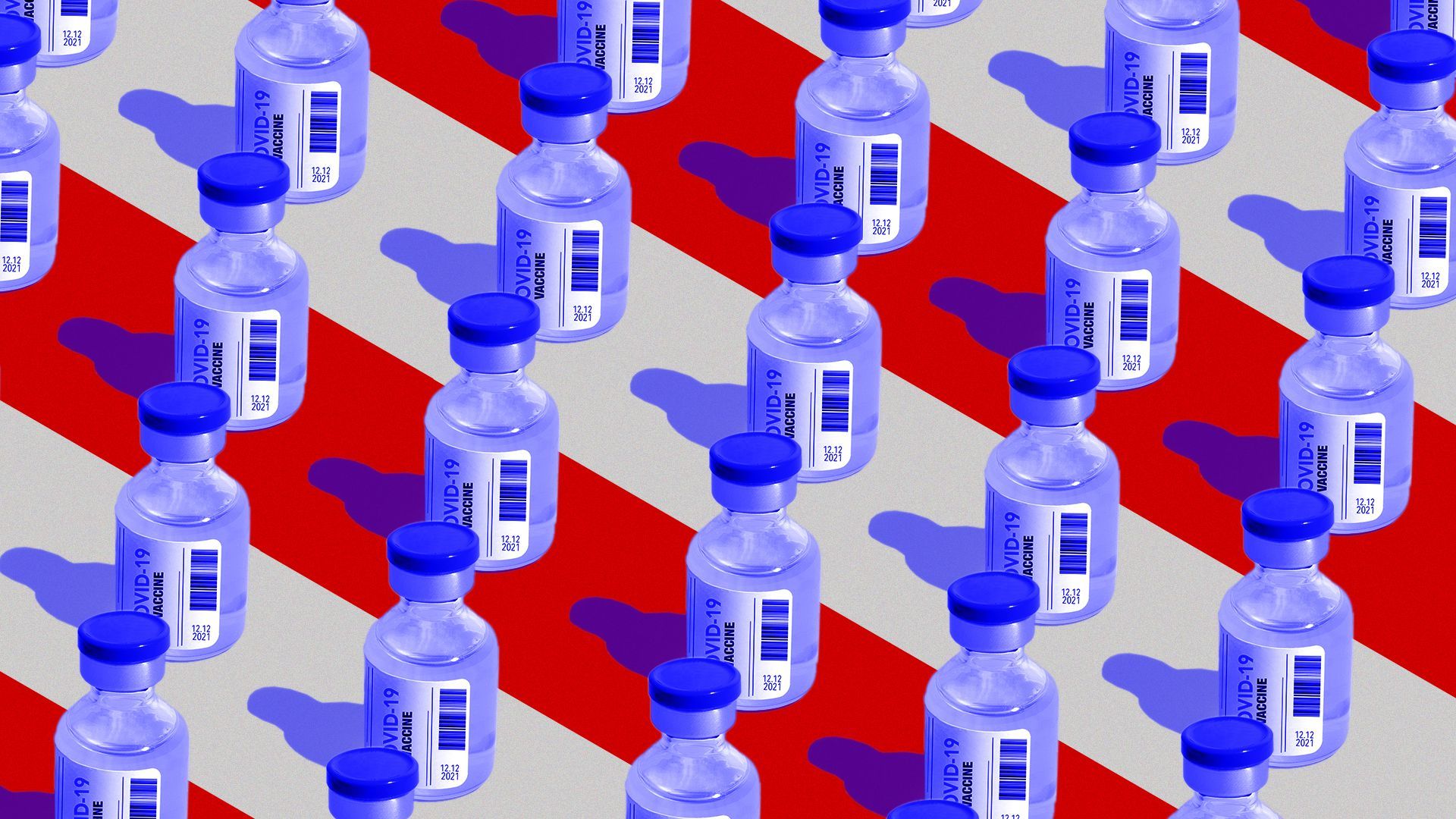 | | | Illustration: Rae Cook/Axios | | | | A new plan for booster shots for Americans could be coming as soon as this week, Axios' Caitlin Owens and Rebecca Falconer report. Driving the news: The Biden administration is coalescing around the plan to give COVID-19 booster shots to most Americans, likely starting with nursing home residents and health care workers, the New York Times first reported Monday night. What to expect: The booster shots would likely be given in the order the initial round of vaccines were administered, or around eight months after someone received the first two mRNA shots or the single Johnson & Johnson jab, a Biden administration official told Axios. - This could potentially begin in late September.
- The plan is still subject to approval by the Food and Drug Administration and a CDC advisory committee.
Driving the news: Officials are concerned by the nationwide surge in new coronavirus cases, driven by the highly contagious Delta variant. Between the lines: Biden administration officials have become increasingly concerned by new data showing the vaccines' effectiveness against infection has waned over time and as the Delta variant became dominant. Importantly, the vaccines still hold up well against serious disease. - Most of the data has been published by other countries or the vaccine makers themselves. But one preprint study published last week by the Mayo Clinic and nference was, as a senior Biden official put it to Axios, "a wakeup call."
Flashback: The CEOs of Pfizer and Moderna told Axios last May that coronavirus vaccine booster shots could be necessary as soon as September. Go deeper: |     | | | | | | 2. COVID cases in kids on the rise | 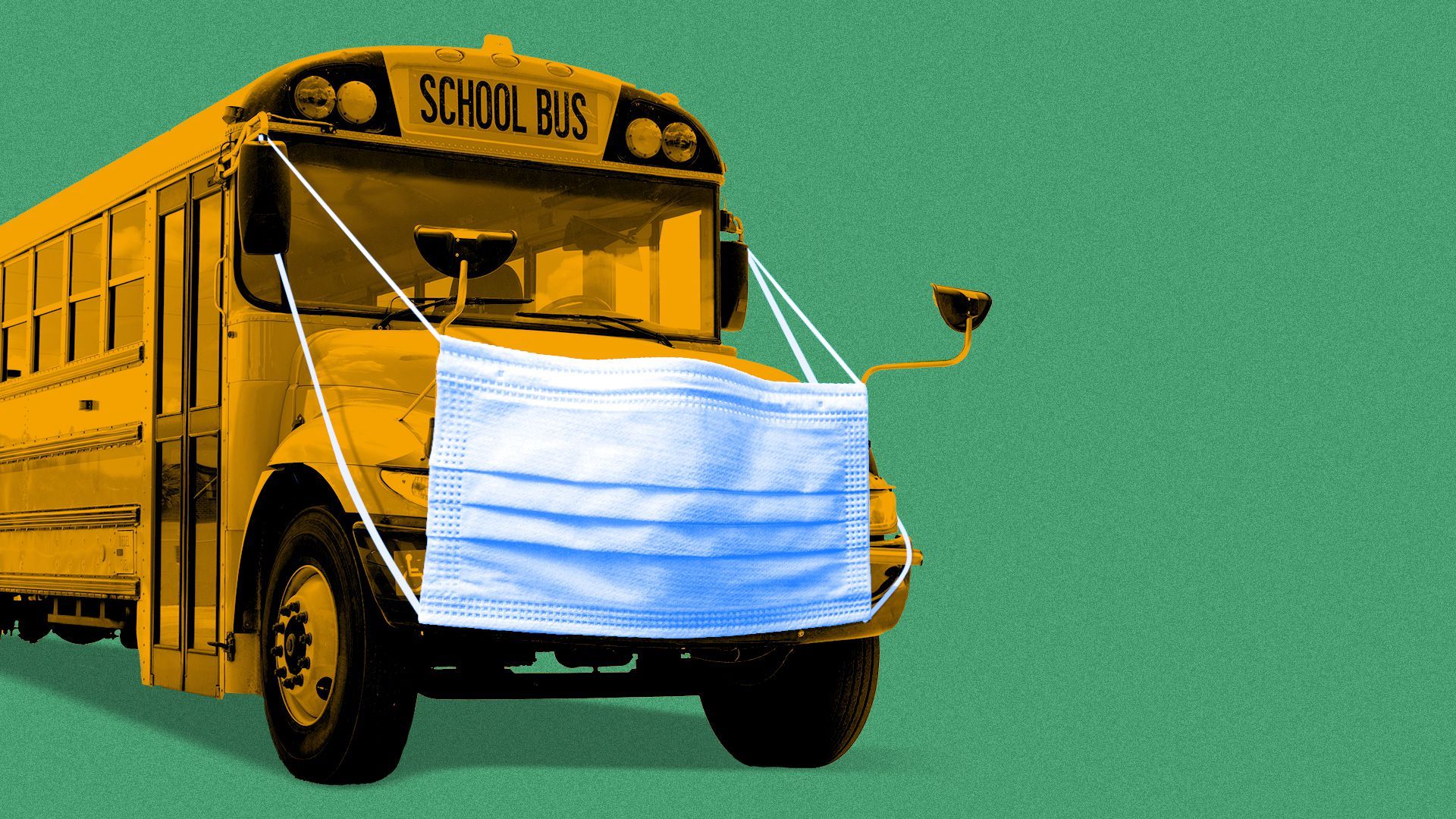 | | | Illustration: Brendan Lynch/Axios | | | | While schools across the U.S. continue their gradual return to in-person instruction, reports of early pediatric COVID surges across several states raise questions about what lies ahead for kids across the rest of the country, Axios' Marisa Fernandez and I write. "The timing of the Delta variant is terrible. We were all geared up to go back to school, we thought, without much problem, and then Delta showed up," Mark Sawyer an infectious disease specialist at Rady Children's Hospital told Axios. By the numbers: A record 1,900 children with a confirmed or suspected COVID-19 infection were hospitalized last week, mostly in the South, making up about 2.4% of the country's patients, according to HHS data. - More than 121,000 new COVID-19 cases were reported among kids in the week ending Aug. 12, or about 18% of all reported cases, according to a tally by the American Academy of Pediatrics. Children represented 15% of cases the week prior.
- Experts warn in the coming weeks, more children could be hospitalized with multisystem inflammatory syndrome in children, or MIS-C, Bloomberg reports, a rare illness children can develop even if they had mild or no COVID illness.
- "People who discount COVID as a problem in children aren't really paying attention. Granted they don't get as sick as adults do, but plenty of kids are getting sick," he said.
Doctors are renewing their calls to parents to get their kids vaccinated if they're eligible and make sure kids are wearing masks if they're not. But, but, but: Back to school plans are even more confusing than last year, as districts brace for full capacity for the first time in two years. Questions still remain on sports, extracurricular events and lunchtime. Quarantine and testing protocols remain district-by-district. Go deeper. |     | | | | | | 3. Axios-Ipsos poll: Most Americans favor mandates |  Data: Axios/Ipsos Poll; Chart: Connor Rothschild/Axios Most Americans support mandating masks in schools — and oppose states' efforts to ban such moves — Axios' Margaret Talev reports from the latest installment of the Axios/Ipsos Coronavirus Index. But, but, but: The survey finds the Republican base going against the grain so disproportionately that it helps explain the defiant postures of many red-state governors. - It also showed regional differences, with Midwesterners the most critical of mandates.
What they're saying: "This is why we're seeing so much conflict," said Cliff Young, president of Ipsos U.S. Public Affairs. - "This data shows that public policy and public health is continuously challenged by our politics today" and that "at the end of the day, it's all-politics-is-local."
By the numbers: 69% of overall respondents support their local school districts requiring everyone including teachers, students, and administrators, to wear masks in schools. - But that was true for just 44% of Republicans, compared with two-thirds of independents and nine in 10 Democrats.
- There's widespread opposition across party lines to states withholding funds from schools or local governments that require masks.
Read more. |     | | | | | | A message from the Coalition Against Surprise Medical Billing | | IDR leads to inflated charges and higher costs for consumers | | | 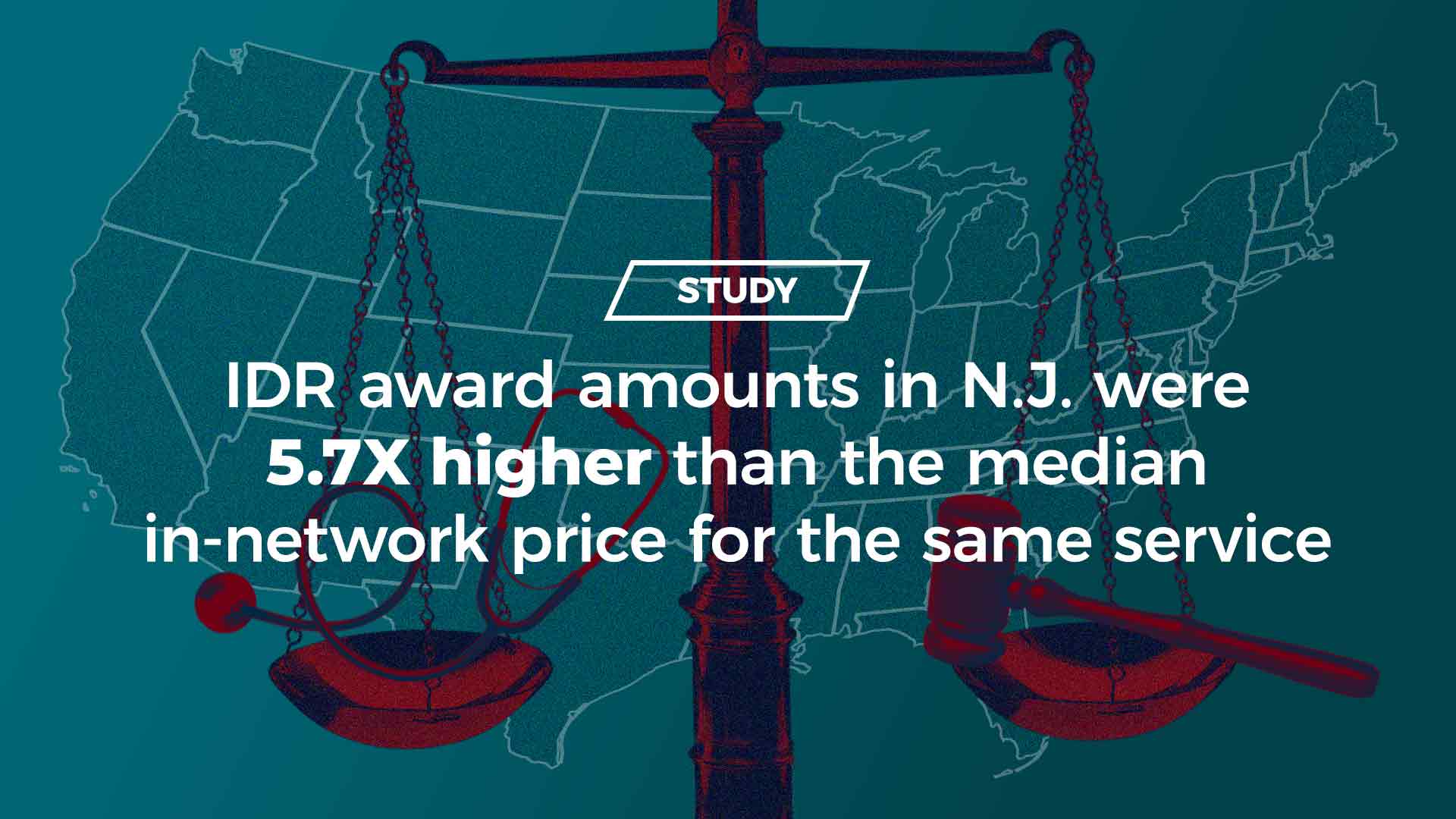 | | | | Any Independent Dispute Resolution (IDR) process that relies on providers' inflationary charges for final payment will lead to higher costs for consumers — as shown in New Jersey, New York and Texas. What this means: Federal regulations must limit IDR and protect patients. Learn more. | | | | | | 4. The back-to-school mask | 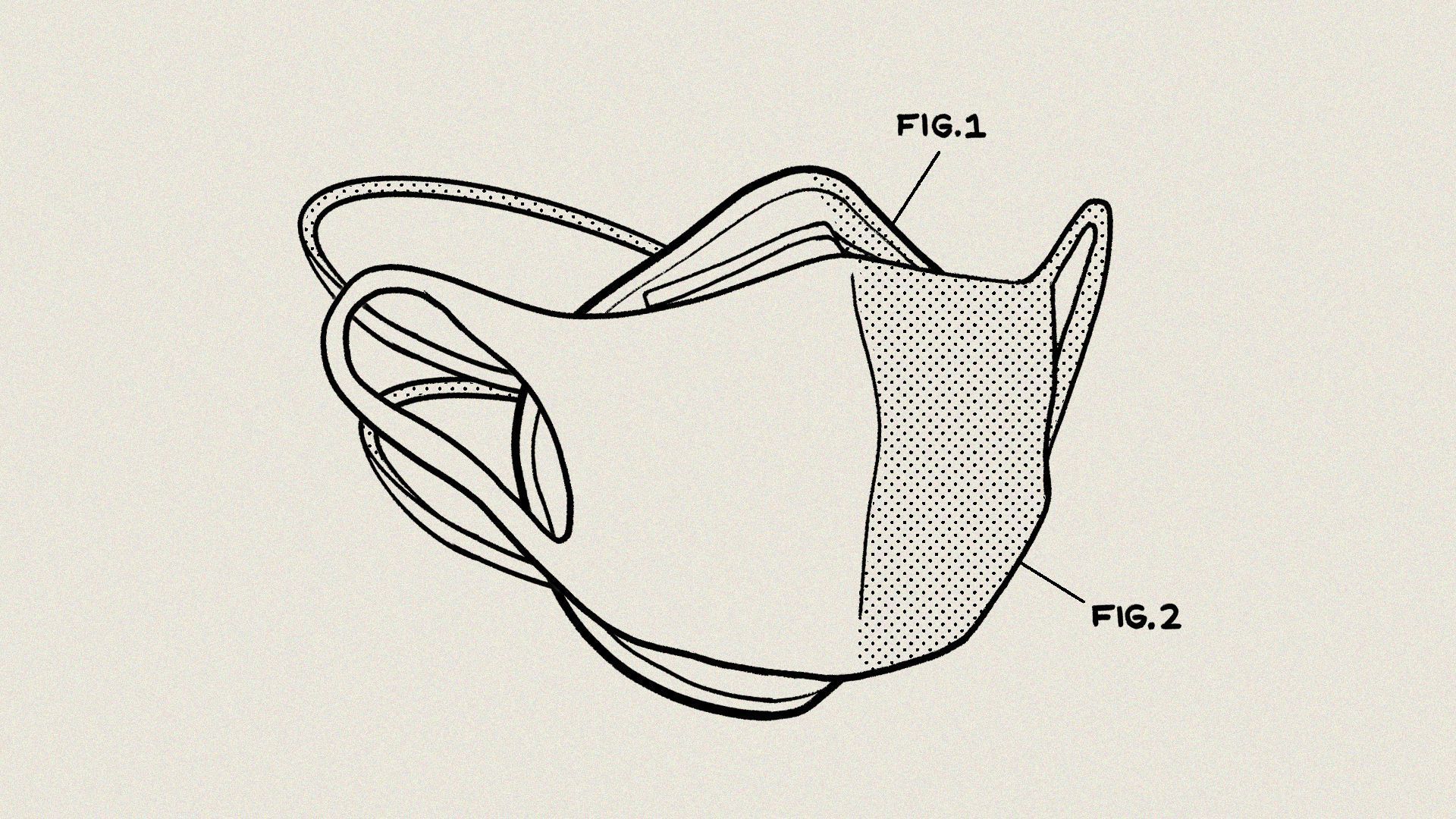 | | | Illustration: Brendan Lynch/Axios | | | | Experts say it's time to invest in higher-quality masks with a tight fit, especially for the unvaccinated, children and other vulnerable populations, Marisa writes. Why it matters: Much of the public health message has been to persuade people to wear any mask, but quality hasn't been discussed, Michael Osterholm said Sunday on NBC's "Meet the Press." - "A cloth mask surely can give you some protection. But it's not the kind of protection that you'll get when you use a much more effective mask. We have not talked about that nearly enough," he said.
The big picture: Fashioning cloth masks at the beginning of the pandemic was better than nothing, and kept N95s available for health care workers. The other side: N95s are not available for children and wouldn't be comfortable for all-day wear, Tina Tan a pediatrician at Northwestern University's Feinberg School of Medicine, tells Axios. - But she says kids should use masks with two or more layers.
- Some infectious disease experts say they care far more about whether a kid is actually wearing any mask rather than what kind.
|     | | | | | | 5. Rich countries' reverse Robin Hood on vaccines | 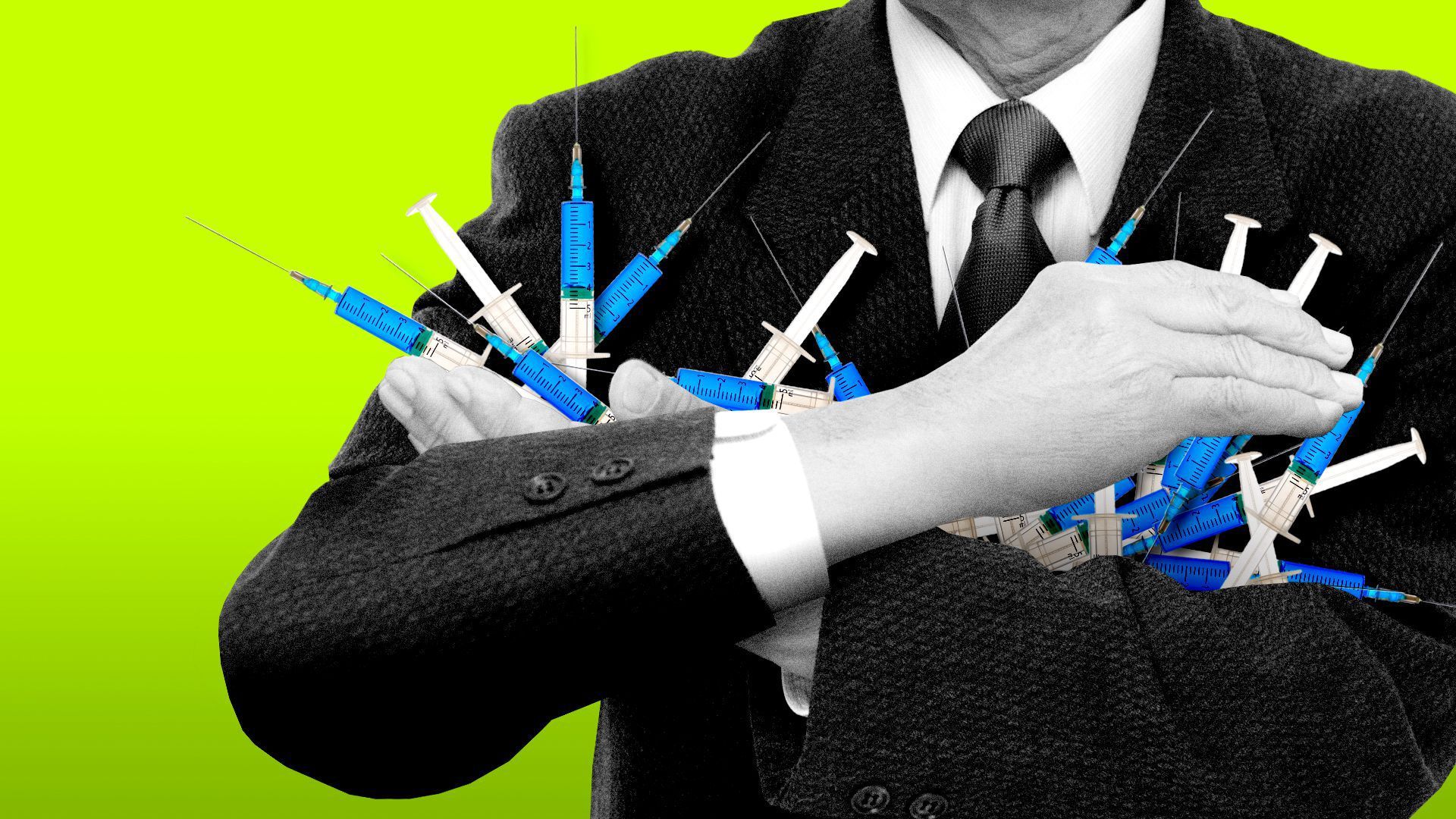 | | | Illustration: Annelise Capossela/Axios | | | | Wealthy countries are receiving coronavirus vaccine doses that were intended for low- or middle-income countries, Caitlin writes. Why it matters: This only widens the gap in vaccine access between wealthy and poor countries, which could ultimately have global consequences. Driving the news: Some rich countries that had already reserved a large supply of vaccines for themselves have also dipped into COVAX's vaccine supply, which is way behind on the number of doses it's promised to deliver around the world, AP reported over the weekend. Between the lines: "The result is that poorer countries have landed in exactly the predicament COVAX was supposed to avoid: dependent on the whims and politics of rich countries for donations, just as they have been so often in the past," AP writes. Share this story. |     | | | | | | 6. Catch up quick | 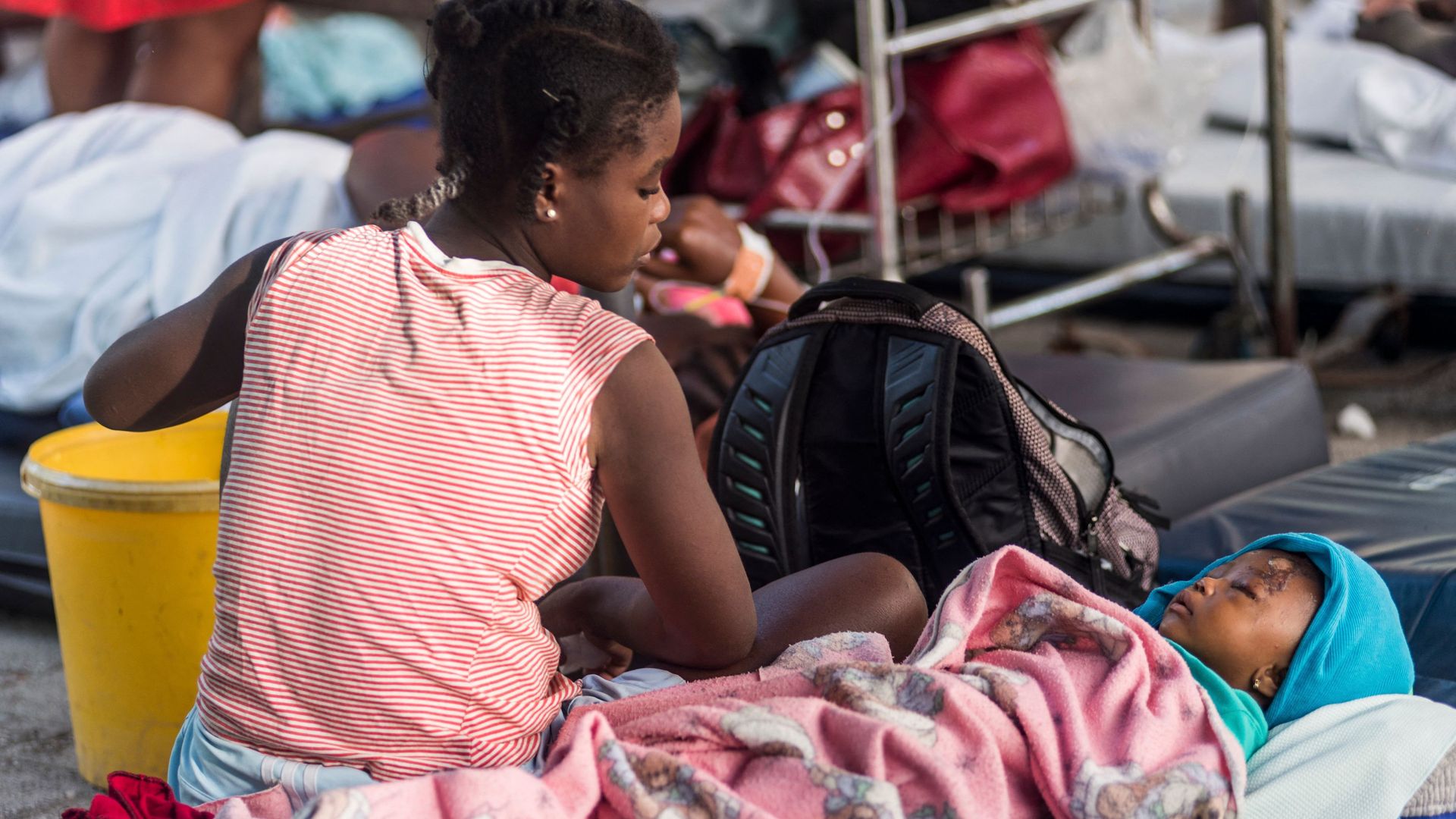 | | | A young mother looks on at her daughter, injured as a result of the earthquake at the hospital "Communautaire de Référence" in Port-Salut, Haiti on August 16. Photo: Reginald Louissaint Jr./AFP via Getty Images | | | - Aid workers scramble to save Haiti earthquake victims as storm barrels in (Washington Post)
- Scoop: Probe finds evidence fired Tennessee vaccine official bought dog muzzle sent to her (Axios)
|     | | | | | | A message from the Coalition Against Surprise Medical Billing | | Surprise medical billing regulations must protect patients | | |  | | | | Congress ended surprise billing, but the fight is not over yet. It's up to the Administration to protect patients from higher health care costs. To do this, regulators must limit the Independent Dispute Resolution (IDR) process and prevent private equity from gaming the system. Learn more. | | |  | | It'll help you deliver employee communications more effectively. | | | | | | Axios thanks our partners for supporting our newsletters. If you're interested in advertising, learn more here.
Sponsorship has no influence on editorial content. Axios, 3100 Clarendon Blvd, Suite 1300, Arlington VA 22201 | | | You received this email because you signed up for newsletters from Axios.
Change your preferences or unsubscribe here. | | | Was this email forwarded to you?
Sign up now to get Axios in your inbox. | | | | Follow Axios on social media:    | | | | | |
No comments:
Post a Comment